Utah Debt Settlement
Utah, home to approximately 3.2 million residents, ranks 30th in population within the United States while covering an area of 84,899 square miles that places it thirteenth in terms of geographic size. With approximately 36.53 residents per square mile, Utah ranks 40th in population density. Interestingly, according to the U.S. Census Bureau, Utah has the second fastest growing population in the United States.
A little more than half of Utah residents are Mormons, who identify as members of the Church of Latter Day Saints, and this plays a significant role in the culture, politics and daily life within the state. The Utah economy is considered highly diversified, with key contributing sectors including transportation, information technology and research, education, government services, mining, cattle ranching and salt production.

Petroleum production is a major industry within the eastern part of the state, while coal production accounts for much of the mining activity in central Utah. Meantime, more than 51% of Utah residents volunteer, averaging approximately 90 hours per person per year, helping the state rank first nationally in volunteerism.
Utah residents also rank first in the proportion of income donated to charity. According to the St. Louis Fed, Total Gross State Product for Utah in 2018 came in at $178.1 billion, ranking 31st in the nation. Agriculturally, over 75% of income is generated by livestock and livestock products, while hay is Utah’s largest crop, with wheat, barley, corn, greenhouse and nursery products also very important to the state.
Computer and communication equipment, microchips and scientific equipment are leading drivers within manufacturing, followed by metals (steel, aluminum and copper) and processed foods. Utah’s 2018 median household income level of $68,374 was 10.4% higher than the national median household income level of $61,937.
Utah Economic and Debt Statistics
According to the Bureau of Labor Statistics, Utah’s unemployment rate stood at 2.3% as of December 2019, tied for lowest in the nation, and is significantly better than the national average of 3.5%. In fact, Utah’s unemployment rate is now the lowest in state history, and the state’s job growth rate of 1.4% is also the highest in the nation, at double the national job growth rate of 0.7%.
Utah Economic and Debt Statistics
Meantime, Utah residents also rank near the top in the amount of household credit card debt held, checking in at an average level of $11,222, third highest in the nation and a whopping 20.2% higher than the national average of indebted households of $9,333. In terms of FICO scores, compared with the 2019 nationwide average FICO score of 703, the typical Utah resident’s 2019 FICO score of 716 is notably higher, ranking the state sixteenth nationwide.
According to the St. Louis Fed, as of Q4 2018, the Utah home ownership rate checked in at 72.2%, substantially higher than the national rate of 64.8%, while a recent Experian report shows average mortgage debt level of $213,771, representing an increase of 3.2% compared to 2018, ranking the state fifteenth in the nation.
The median sales price of a home in Utah during 2019 was $310,350. Regarding student loans, data compiled in 2019 by Experian indicates that average student loan debt for Utah borrowers is $31,671, 10.4% lower than the national average of $35,359, but 4.7% higher than the figure in 2018 and 25.2% higher than it was in 2014.
Utah Residents and Debt Settlement
If you are a resident of Utah and are currently burdened by high levels of unsecured debt – including credit card accounts, private student loans, unpaid medical bills and personal loans – the process of pursuing debt settlement may make sense for you. Debt settlement occurs
This lower amount is agreed to by the creditor or collection agency and is fully documented in writing. Ideally, this lower negotiated amount is paid off in one lump sum, but it can be paid off over time. Though creditors are under no legal obligation to accept debt settlement offers, negotiating and paying lower amounts to settle debts is far more common than many people realize.
Utah Consumer Debt Laws
Credit Card companies and other creditors are permitted to contact Utah residents directly regarding debts, particularly in a situation involving delinquent payments. However, debt collection agencies are required to comply with the the Federal Fair Debt Collection Practices Act (FDCPA), and are therefore prohibited from taking certain actions.
Under the FDCPA, collection agencies are prohibited from informing employers about a debt or attempting to collect a fee in excess of any debt owed. Debt collection agencies are also prohibited from communicating in a manner that simulates a judicial process or gives the appearance of a governmental action. Additionally, debt collection agencies are prohibited from contacting debtors or debtor family members at unusual hours or with a frequency that may be reasonably construed under the law as harassment or abuse.
Unfortunately, unlike many other states, Utah does not have its own state law governing debt collection tactics, leaving its residents somewhat vulnerable to predatory practices that may be beyond the scope of the FDCPA. Although Utah law does require debt collectors to pay a fee and obtain a license, its residents are unlikely to successfully pursue a lawsuit in the event a collector fails to do so. Utah residents will receive the most consumer protection from harassing and potentially abusive debt collection methods under the FDCPA.


Utah Statute of Limitations on Debt Collection
When sufficient time passes in a situation in which consumer debts have gone unpaid, a debt collector can lose the legal right to sue for non-payment. In Utah, the statute of limitations on debt collection is four years for open credit card accounts, four years for oral contracts, six years for written contracts, and eight years for a state or federal judgment.
For any time period, the clock begins ticking from the “date of default,” which is typically thirty days after the last payment was actually made. When debts remain unpaid prior to the statute time period elapsing in full, creditors maintain legal right to sue you for non-payment and are permitted to engage debt collection agencies who can make persistent attempts at collection – provided they remain within the bounds of the FDCPA.
Debt Settlement - Do It Yourself?
Getting out of debt is never an easy process. If debt settlement is the right avenue for you to pursue, be honest with yourself. Decide whether you possess the background, strength and fortitude to negotiate directly with creditors yourself – or whether engaging the services of an experienced and reputable debt settlement company will serve your needs best.
Remember, the goal is to save the greatest amount of money and time while minimizing any ensuing damage to your credit score and profile. A reputable debt settlement company will provide a realistic estimate and time frame for making offers to your creditors that can ultimately result in settlements that save you significant amounts of money, time, and aggravation.
Contact us here at United Settlement, where our experienced credit counselors possess relationships with the major credit card lenders and a broad understanding of the debt marketplace. We can help you navigate these waters successfully.
Debt Resources & Additional Reading
Utah Debt Settlement FAQs
Yes, United Settlement offers debt consolidation services in the state of Utah. The process of debt consolidation involves combining and paying off multiple debts with one single loan, typically resulting in a lower blended interest rate and monthly payment. Debt consolidation provides the dual benefits of streamlining the repayment process while simultaneously lowering interest expense and the total amount repaid over time.
In Utah, the statute of limitations on debt collection is four years for open credit card accounts, four years for oral contracts, six years for written contracts, and eight years for a state or federal judgment.
Additional Related Insights & Articles
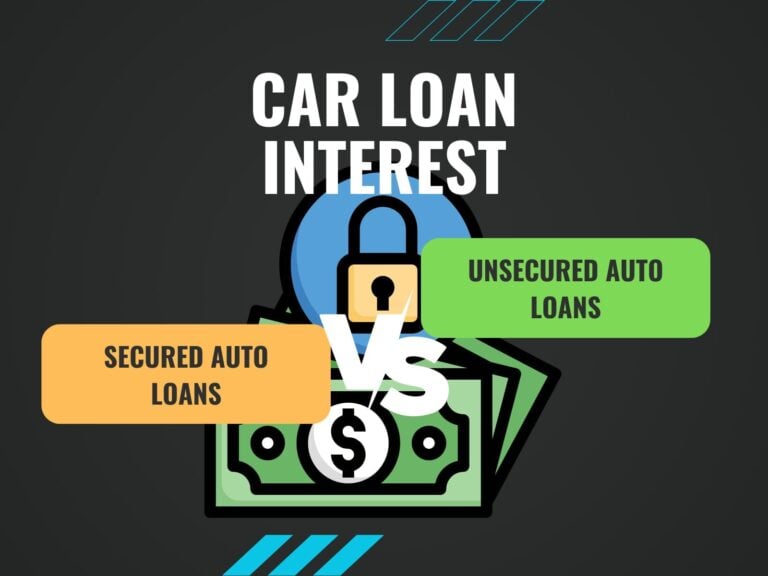
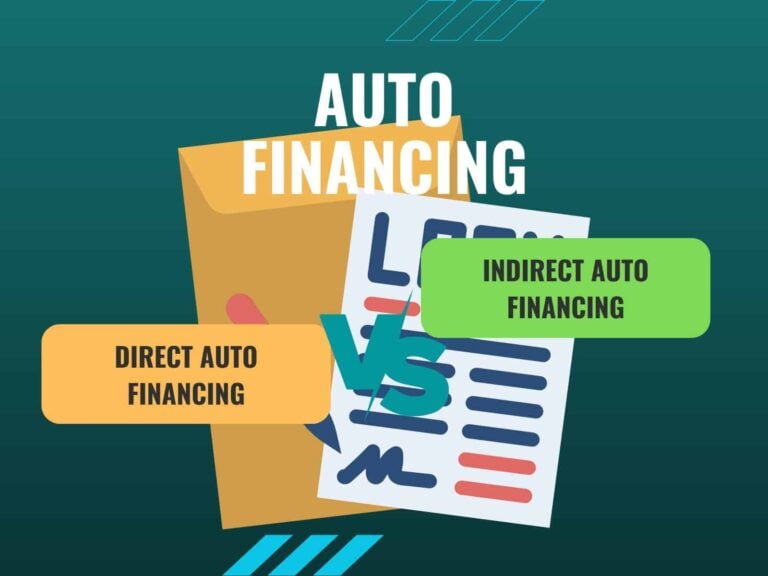
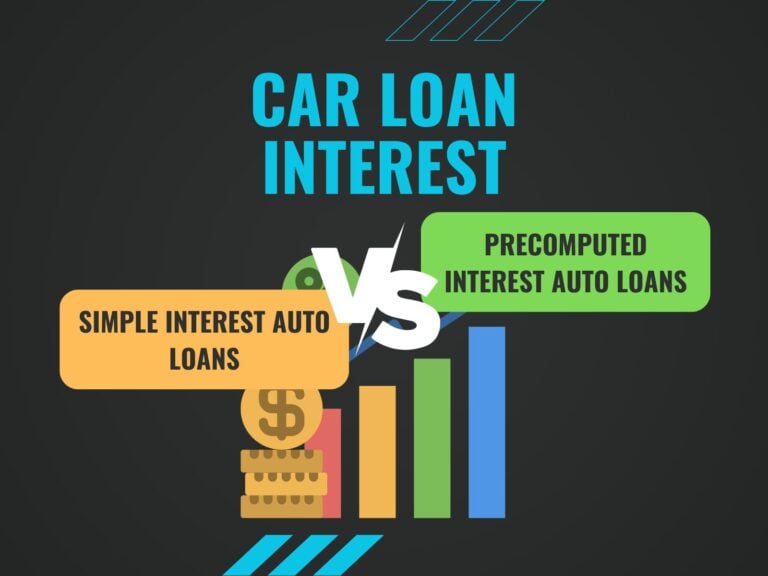
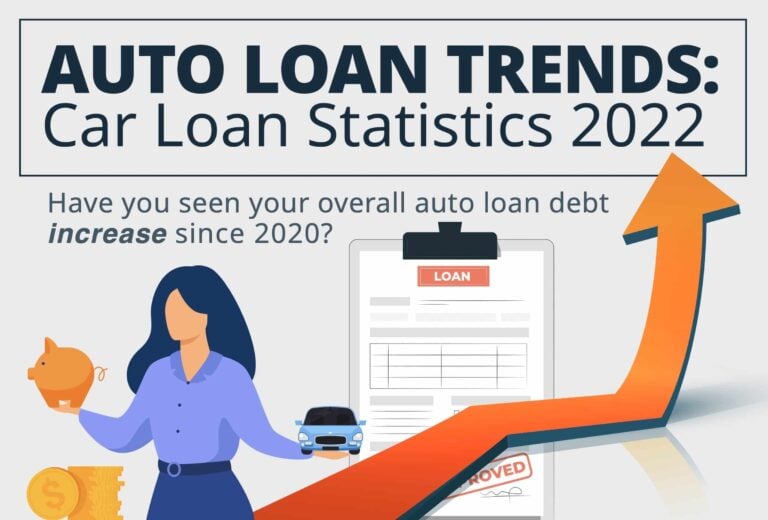

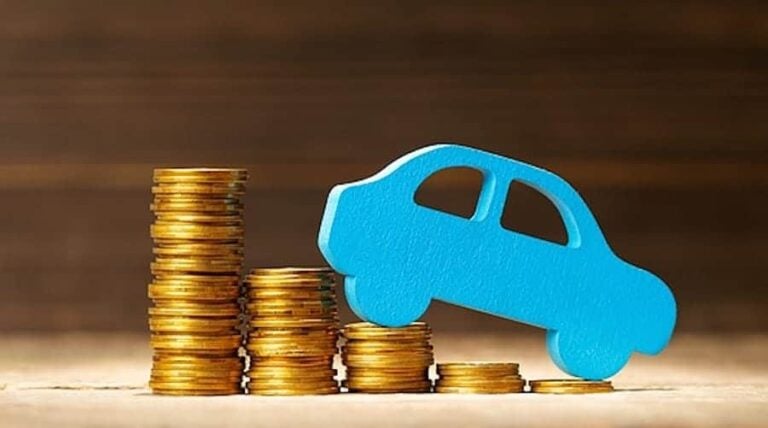

Debt Relief Reviews

Ready To Get Started?
See if you qualify for debt relief. Get a Free savings estimate to see how quickly you can be debt free.
Embrace financial freedom with our tailored solutions, expert guidance, and unwavering commitment to your success.
Experienced Professionals
Our experienced team has helped thousands of clients successfully eliminate debt and regain financial freedom.
Customized Solutions
We know every financial situation is different, so we design personalized debt relief plans to fit your specific needs and goals.
High Success Rate
Our proven debt relief strategies deliver real results. With a strong track record of success, we help clients achieve lasting financial stability.
Confidential Consultation
Your privacy is our priority. All debt relief consultations are 100% confidential and handled with the highest level of discretion.



